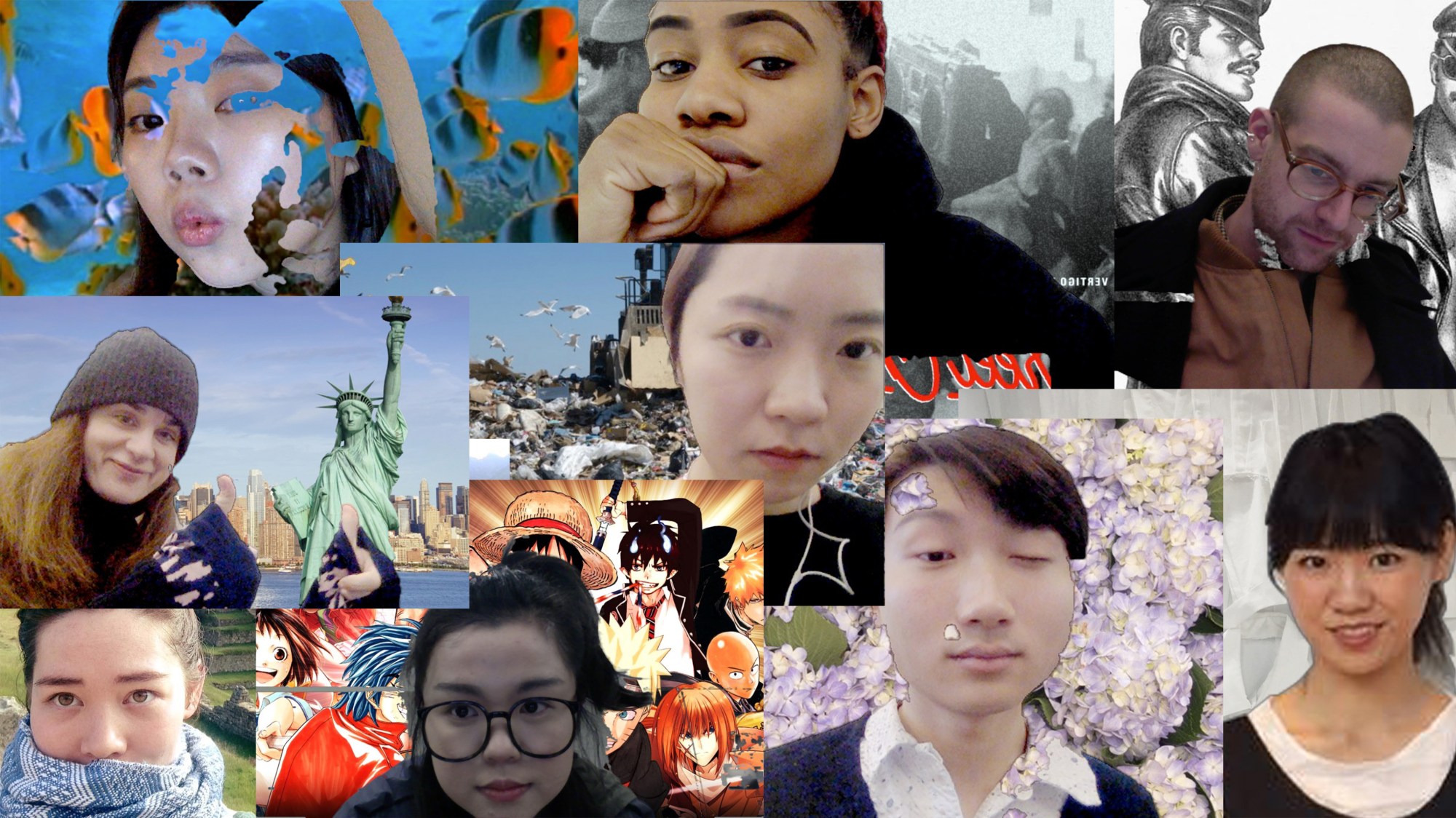How do you manage the transition from the structured environment of the fashion school to the endless-stress-and-limitless-possibilities of the whole wide world. What are the realities you have to deal with when the degree show’s over? There’ll be unexpected challenges as well as successes, things to be overcome and things to celebrate.
VOID — a new project organised by Red Hook Labs and the team at 1 Granary — wants to support the next generation of fashion designers and explore alternative ways of producing, promoting and consuming fashion. Following on from an exhibition in London, promoting the city’s young talent, the second installment of VOID opened in NYC, at the aforementioned Red Hook Labs in Brooklyn, celebrating the work of recent graduates from Parsons, CSM, the Royal Academy of Antwerp and the RCA.
To celebrate the opening, eight Parsons grads snapped a pic of themselves and opened up about life after graduation.
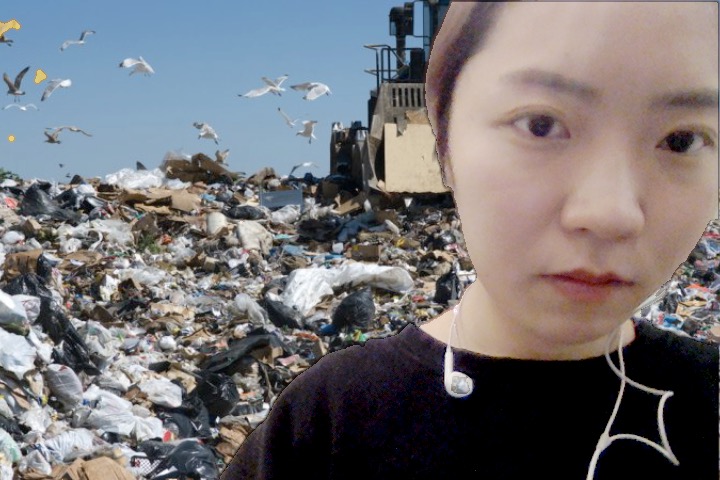
Venus Lo
“After the graduate show I went back to Hong Kong for three months, mostly to rest and see my family, but I also explored factories there. I came back to New York to look for a job and learn about running a business. The reality is so much harder than expected. Before coming here, I worked for three years, so I thought it would be easy to find a job with all that experience. I sent out emails everywhere, but as soon as the visa issue comes up, I’m ignored. That’s really hard.
I think most HR departments don’t really look at your portfolio, they just look at how good you are at doing your job. Because we’re MFA students, they think we want our own business and expect us to leave after a while, so they’re less inclined to offer us something.
We talk about our future all the time. Most of the Chinese designers want to go back. There’s more opportunity there in the future, but right now the fashion system hasn’t fully developed yet, so it’s better to gain experience in New York first.”
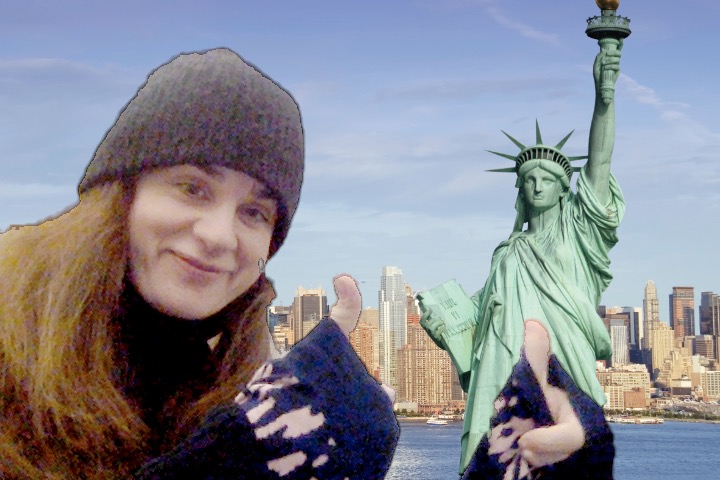
Amanda Brown
“I was offered a teaching job at Parsons right after graduation, so that definitely helped with the transition from being a student. There’s a real loss of momentum and a feeling of being lost at the end of the year. This time that was not the case at all. The teaching job was a structure to piece other things around. It has also been a lovely source of inspiration. It’s exhausting, as you have to respond to work you’ve never seen before and engage with it all the time, but in a way that process is one of the most creative.
What I didn’t expect was that I would need to digest before starting a new creative process. I was so insistent on maintaining that momentum that I moved on too quickly. An MFA is a two-year experience and I was burnt out creatively. I was not in the right headspace to work on my own things, but then I started freelancing, and it was almost like a palate cleanser — creative enough but not with the same pressure. It’s almost freeing to work for someone else.”
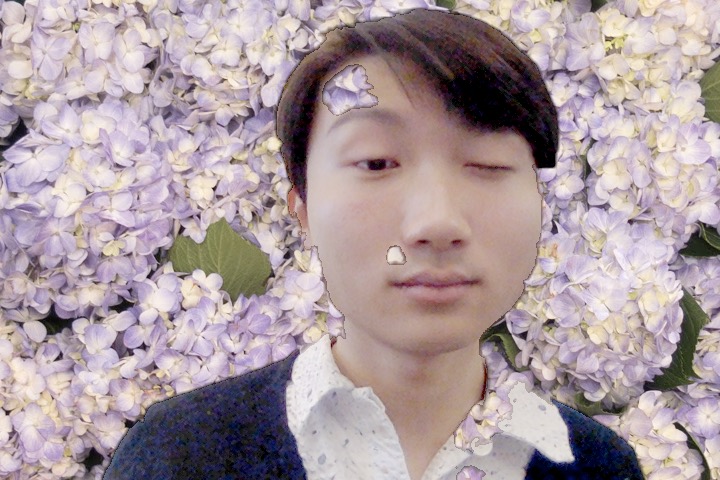
Tingyue Jiang
“After graduating I stopped everything for two months. I needed a break to think about what happened those past two years. I was a little bit depressed after, so I focussed on making myself happy.
One of my classmates said Jason Wu was looking for an intern, so I just jumped on it. I didn’t even look for a job. Studying on the MFA, we work for ourselves, we do everything we want to and we work closely with our tutors. In these companies, it’s not really about design, I don’t work the way I did as a student. It’s very much about organisation, production and execution. At Parsons, the atmosphere could be tense, but at the end of the day, our tutor was there to guide us. In a company there is no space for mistakes. If I do something wrong, I can lose my job. Even if I’m just an intern, the pressure if very different.”
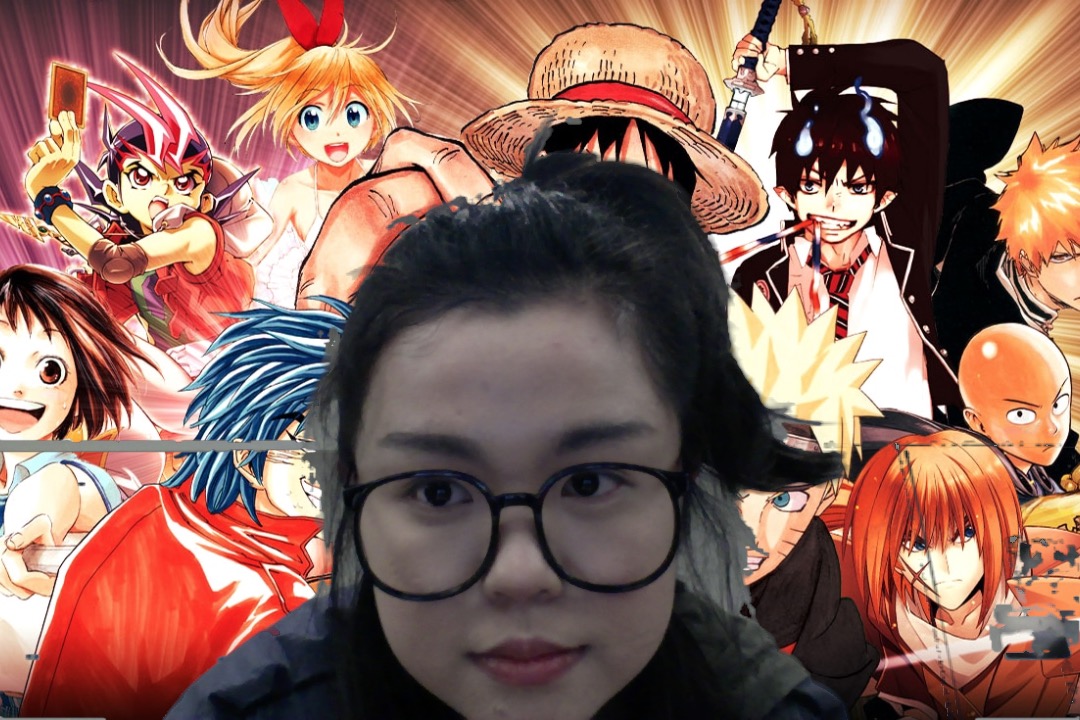
Caroline Hu
“Even before I graduated, I knew I wanted to create a second collection very soon, but I had no money. So, I found a job at Jason Wu in embroidery, where I worked from October until now. I wanted to learn how to build up a brand. I had interned before, but when you intern you don’t really learn about the whole company.
Actually working with design and production, and learning how the communication between the two functions, was very interesting. I understood that being part of this big company is more about team work than design. I also needed to think about an actual customer for the first time. Sometimes I would make thirty embroideries, but then they would only choose the simple one. I had to learn how to adapt my design style to another house.
I still have a lot to learn. I trust my design aesthetic, but a brand is not just design, the design is only 5% of it. I want to find a marketing partner. When you’re by yourself, you spend so much time on marketing that you don’t have time to design anymore. I hope to have my next collection by September next year.”
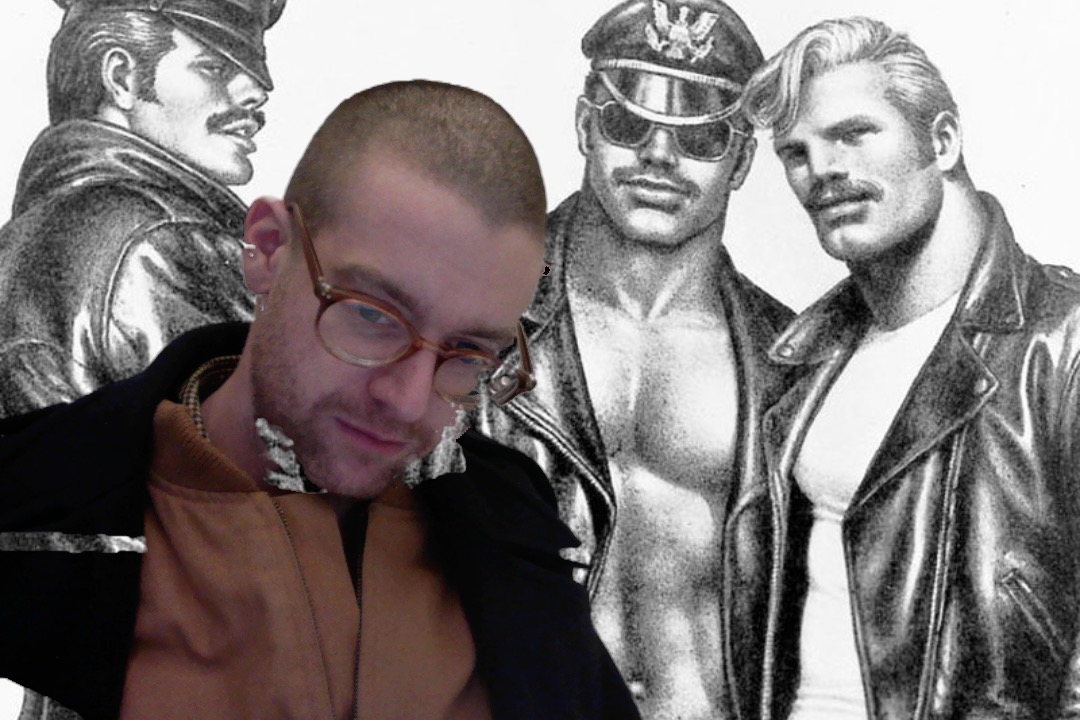
Neil Grotzinger
“I feel like every designer kind of goes into a daze after any show ends. In part it has to do with the amount of constant thought you devote to a fashion show, but it’s also the fact that we spend so much time investing in one collection. I went into a bit of an introverted state.
I’ve been teaching part time in the Parsons undergrad and managing my own brand on the side. I never really saw myself teaching after graduation, but when the opportunity came about it seemed like the perfect way to support myself while I was getting things off the ground. However, I’ve actually gotten really invested in my students and the work that they do.
Hands down, this is probably the best time to be a young designer coming out of college. People are really thirsty for a fresh perspective on what it means to make clothes these days, particularly with this new-found emphasis on politics, identity and subversion in fashion, which means all eyes are on young designers who are interested in being a part of this shift. I am thrilled to be a designer in such an exciting and somewhat undefined aesthetic era.”
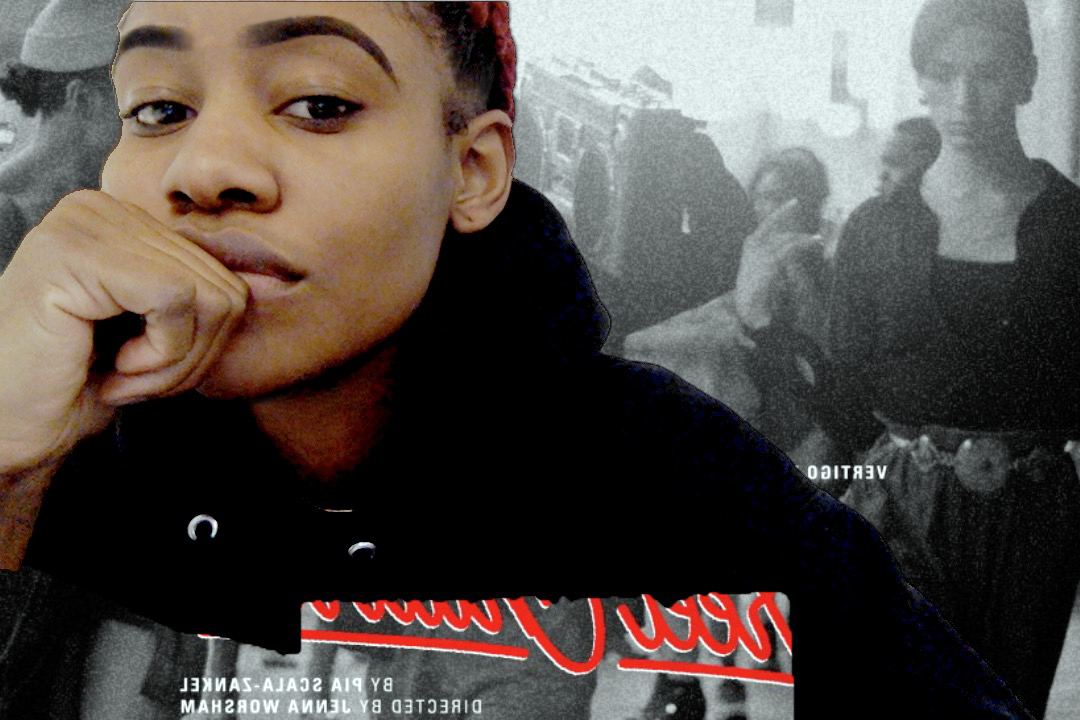
Shanel Campbell
“The runway show was the most powerful and special moment of my MFA experience. Not only was our show an exhibition of our garments, it was also an exhibition of my belief that hard work and dedication to a craft will always pay off. The show ending made me a more confident and determined designer, eager to consider next steps, ready to take my pieces and ideas to the next level.
Since the fashion show I have been teaching several courses at Parsons within the BFA program, making custom pieces for a certain female rapper, and carefully planning the next steps for starting my own brand. Initially, my plan was to jump right in, bang out another 10-15 looks. Instead, I wrote a review of my own MFA thesis collection. I decided that anything I exhibited from this point forward would be representative of my perspective as a black woman. That’s why I decided I would take my time, tell my story, constantly consider my concepts, and work my hardest to not become another unnecessary contribution to the fashion industry. Anything I put out into this world from this point forward has to make a substantial impact.”
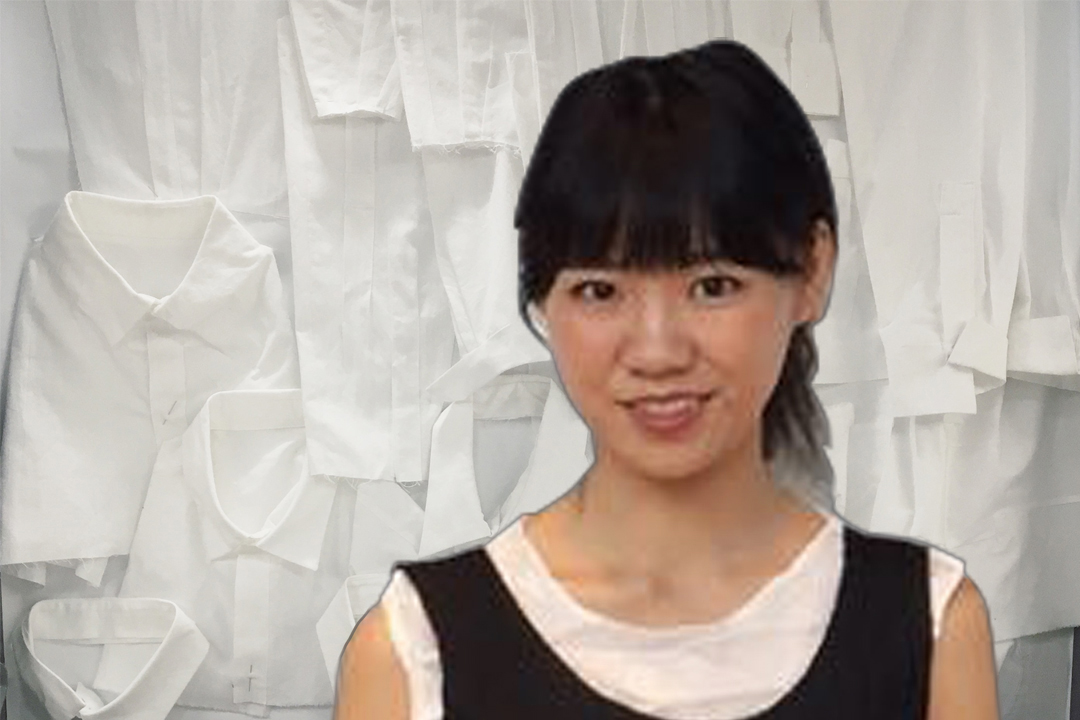
Shizhe He
“The fashion industry is always intense, so I feel like those hectic years on the MFA prepared us for that. I want to set up my own brand, but I want to gain more hands-on experience in the industry first. I’m working at Thom Browne at the moment.
Entering the industry is always a positive thing for young designers, even if hard times can make it seem like it isn’t. What we experience in school and even in society can help us fit within the tough fashion industry.”
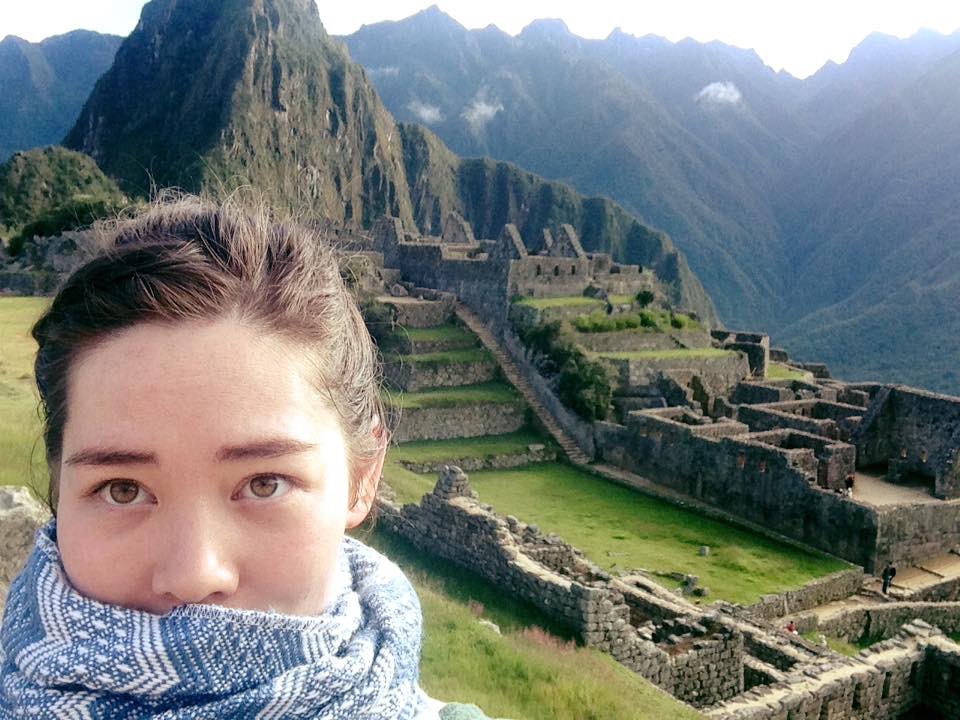
Zoe Champion
“I have been working as a knitwear designer, freelancing and teaching. It is what I always planned to do. My dream would be to be able to freelance for different companies and always be working on something new and exciting. To be testing my skills in different ways.
I think that the industry is definitely hungry for young talent that thinks differently and has something else to offer. But the industry is going through so much change, so there is so much for us to learn. We come out of school thinking a certain way about how the industry works and then have to work out how it’s changing.”
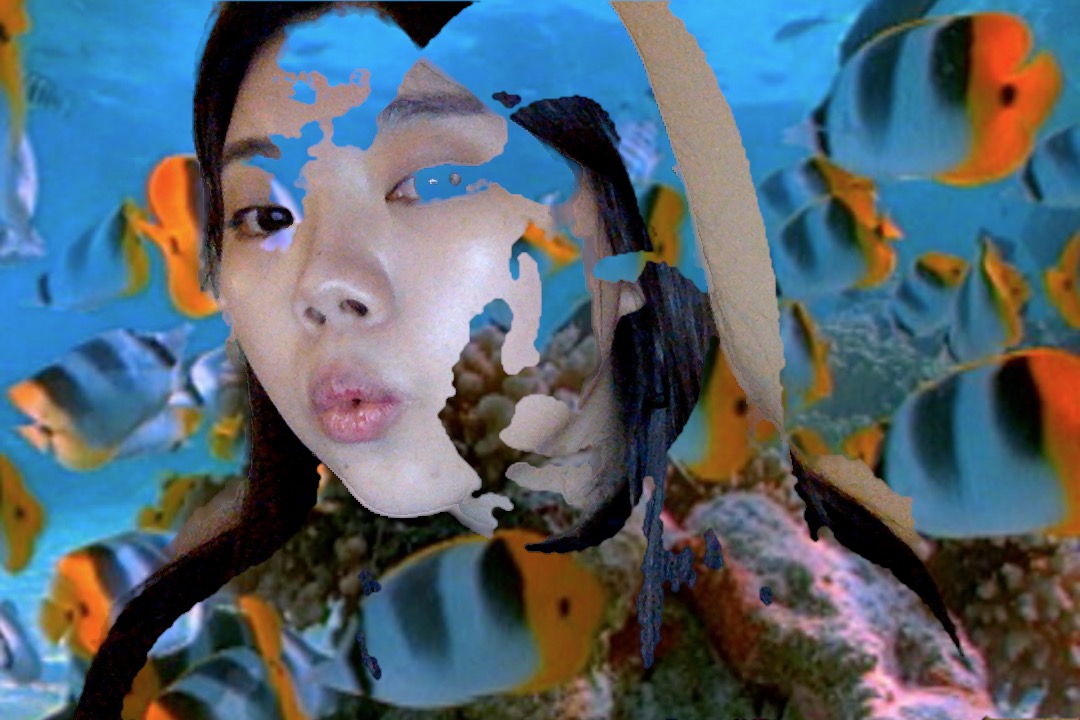
Di Gao
“After the graduate show, it’s hard to believe that this is the end, and you suddenly feel that you’re graduated. In the months leading up to the show, I talked to a lot of MFA graduates in the studio and I know how they’ve developed after graduation. I learned how important it is to gain more experience by working in the fashion industry. You need to experience in as many different fields as possible, even places that don’t coincide with what you hope for, to help you go further to the way you want to go. No pain no gain.”
